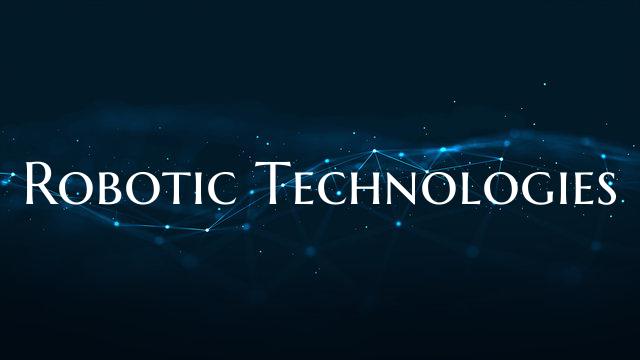Robotic Technologies
In recent years, the rapid advancement of robotic technologies has revolutionized various industries and transformed the way we live and work. From manufacturing and healthcare to logistics and entertainment, robots are playing a significant role in enhancing efficiency, productivity, and safety across different sectors.
One of the key impacts of robotic technologies is the automation of repetitive and dangerous tasks. Robots are increasingly being used in manufacturing environments to handle tasks that are too monotonous or hazardous for human workers. By taking on these roles, robots not only improve the quality of production but also reduce the risk of workplace accidents.
In the healthcare sector, robotic technologies have enabled precise and minimally invasive surgical procedures, leading to faster recovery times and better patient outcomes. Robots are also being used for tasks such as patient care, medication dispensing, and assistance for people with disabilities, transforming the way healthcare services are delivered.
Robots are also reshaping the transportation and logistics industry, with automated vehicles and drones being used for efficient and timely delivery of goods. These technologies not only streamline the supply chain but also reduce carbon emissions by optimizing routes and minimizing fuel consumption.
In the field of agriculture, robots are revolutionizing farming practices by enabling precision agriculture techniques such as autonomous planting, watering, and harvesting. These innovations are improving crop yields, conserving resources, and promoting sustainable farming practices.
Furthermore, robots are increasingly being integrated into everyday life, from household chores to entertainment and education. Smart home devices, robotic companions, and educational robots are becoming more prevalent, offering convenience, companionship, and personalized learning experiences.
While the adoption of robotic technologies brings numerous benefits, it also raises concerns about job displacement, data security, and ethical considerations. As robots become more autonomous and intelligent, there is a growing need to establish regulations and guidelines to ensure their safe and responsible use.
In conclusion, robotic technologies have the potential to significantly impact modern society by enhancing efficiency, safety, and quality of life. As we continue to explore the applications of robots in various industries and domains, it is essential to strike a balance between innovation and ethical considerations to harness the full potential of these transformative technologies.

